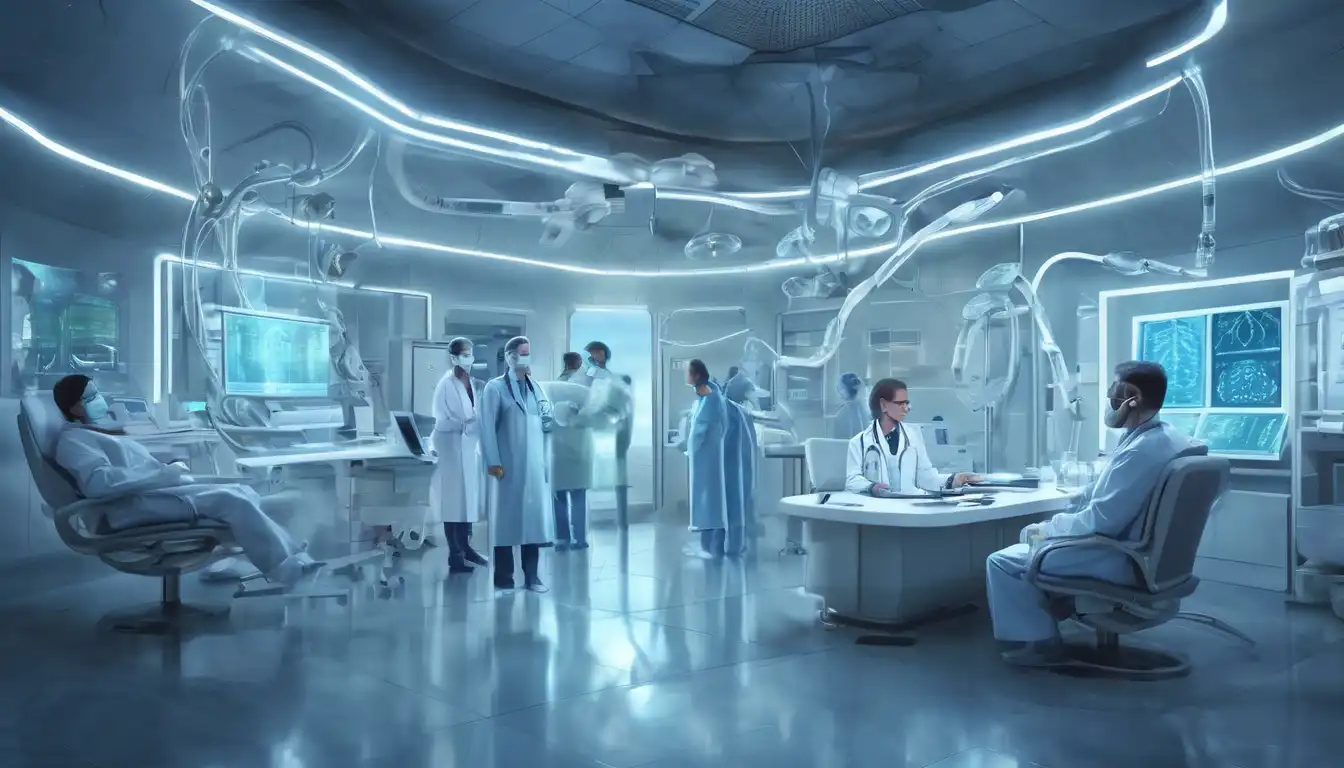The Revolutionary Impact of AI in Healthcare
Artificial Intelligence (AI) is revolutionizing the healthcare industry by offering innovative solutions to complex problems. From diagnostics to treatment personalization, AI's role in modern healthcare is undeniable. This article explores how AI is transforming healthcare delivery, improving patient outcomes, and streamlining operations.
Enhancing Diagnostic Accuracy
AI algorithms are now capable of analyzing medical images with precision that rivals or even surpasses human experts. This advancement is particularly impactful in fields like radiology and pathology, where early and accurate diagnosis can save lives. By leveraging machine learning, healthcare providers can detect diseases such as cancer at earlier stages, significantly improving treatment success rates.
Personalizing Patient Care
One of the most promising applications of AI in healthcare is the personalization of patient care. AI systems can analyze vast amounts of data from electronic health records (EHRs) to recommend tailored treatment plans. This approach not only enhances the effectiveness of treatments but also minimizes side effects, offering a better quality of life for patients.
Streamlining Healthcare Operations
Beyond patient care, AI is optimizing healthcare operations. From scheduling appointments to managing inventory, AI-driven tools are reducing administrative burdens and cutting costs. This efficiency allows healthcare providers to focus more on patient care rather than paperwork, leading to improved service delivery.
Challenges and Ethical Considerations
Despite its benefits, the integration of AI into healthcare raises important ethical and privacy concerns. Issues such as data security, consent, and the potential for bias in AI algorithms must be addressed to ensure equitable and safe use of these technologies. The healthcare industry must navigate these challenges carefully to fully realize AI's potential.
In conclusion, AI is playing a pivotal role in modern healthcare solutions, offering unprecedented opportunities to enhance diagnostic accuracy, personalize patient care, and streamline operations. As the technology evolves, it will continue to shape the future of healthcare, making it more efficient, effective, and accessible to all.
For more insights into how technology is transforming industries, explore our technology trends section.
